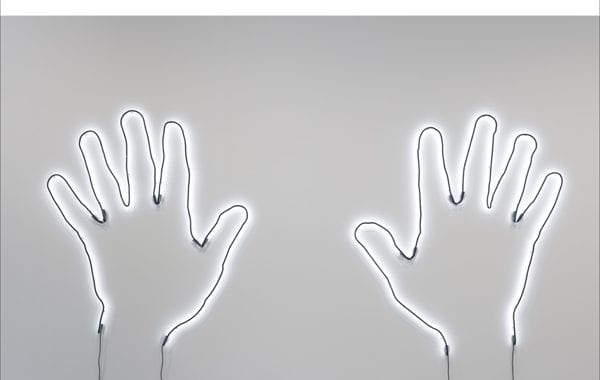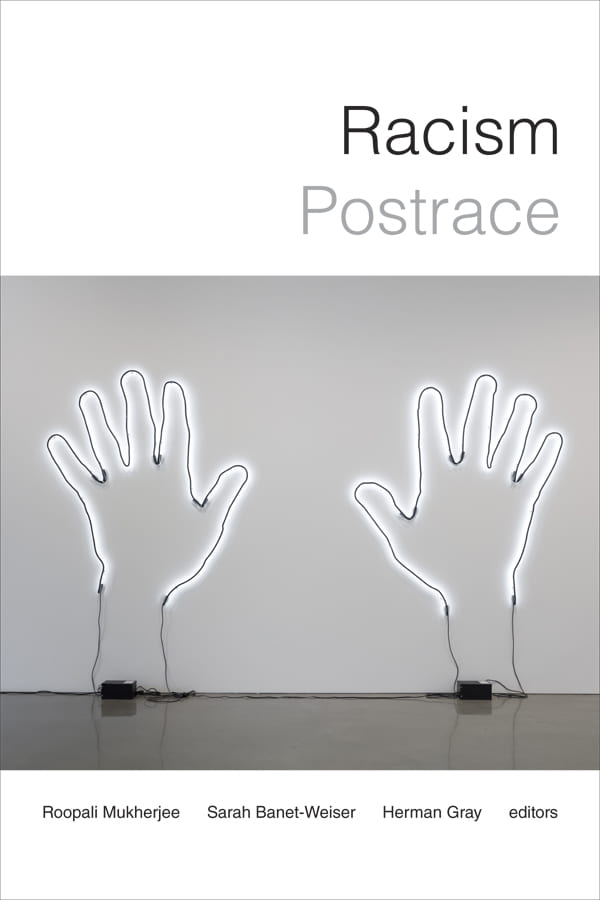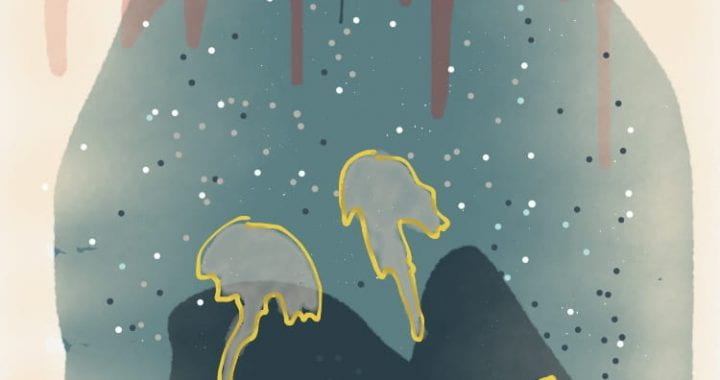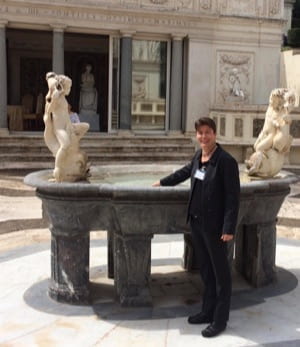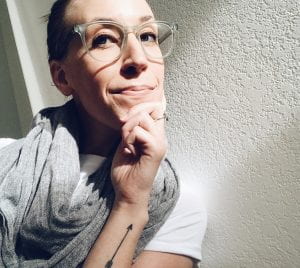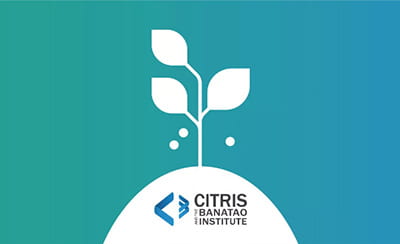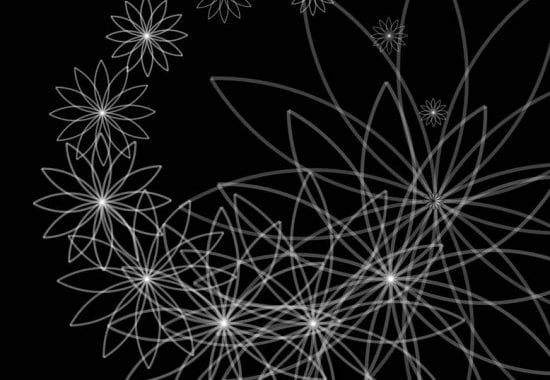The Science & Justice Research Center is pleased to announce we are now accepting applications for:
Summer Fellowships
The award was established to support summer research conducted by graduate students currently working on Center projects or are in the Science & Justice Training Program (SJTP). Graduate students in any UC Santa Cruz department may apply. Preference will be given to applicants who have completed or are going through the Training Program. The award is intended as a stipend to support general living expenses, fieldwork, travel, presentation of work, and/or research. Award amounts will vary based on proposed outcomes; a maximum of $2,200; depending on proposals, up to two awards will be distributed.
Fellowship projects may include: independent and collaborative research.
CURRENT CENTER PROJECTS
The Environmental Data & Governance Initiative
Jail Care: Amplifying Santa Cruz Community Voices on Health & Incarceration
Just Biomedicine
Queer Ecologies Research Cluster
The student should:
-
be an enrolled graduate student at UC Santa Cruz (enrollment during summer not required).
-
be currently working on an established Center or SJTP hosted project.
The student will:
-
be compensated up to $2200; distributed half at the beginning of summer, half at the end of summer.
-
adhere to IRB standards for working with human research subjects.
To Apply:
By Monday, June 17, students should email (scijust@ucsc.edu) expressing interest. Please let us know the following:
-
your name, major, academic faculty advisors.
-
name of the current project and any project faculty advisor(s); your role and experiences with the current project as related to items listed in the above outlined workplan (including human subjects research).
-
why you are interested in the project and how your work/research/career goals would benefit from the fellowship.
-
propose clear goals and intended outcomes with an outline of work to be completed over summer 2019; the methods of your research project; and briefly outline or describe the expenses to be supported by the award.
Information on SJRC Projects can be found at: https://scijust.ucsc.edu/
Information on the Science & Justice Training Program can be found at: https://scijust.ucsc.edu/



